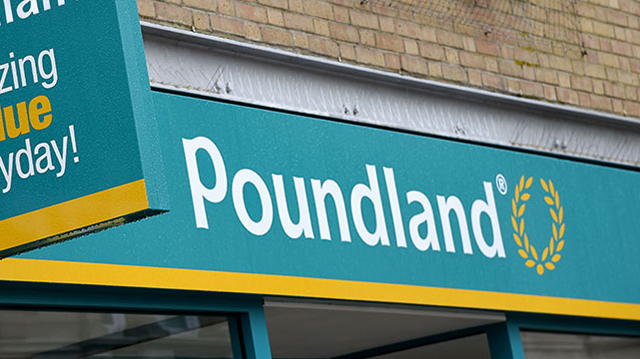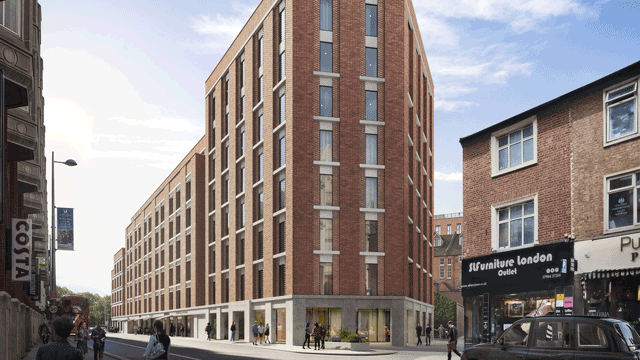The government’s proposed changes to income support payments for unemployed homeowners have come under a double volley of fire this week.
Halifax has warned that the changes could lead to higher mortgage rates for borrowers. And Shelter says repossession rates are also likely to increase.
The proposed changes would mean that, from October, new borrowers would get no government help for nine months if they lost their job. Existing borrowers would get no help for two months, with half their mortgage being paid for the next four months and then the full mortgage paid.
Social security secretary Peter Lilley says people must take their own private mortgage protection policies to cover payments during these periods. But this is likely to be unavailable or worthless for many self-employed people or the increasing number on short-term contracts.
Halifax Building Society says one way of funding the insurance would be to bundle it into the mortgage package, which would mean higher mortgage rates.
Other options include: basing premiums on risk so people in hazardous jobs pay higher insurance premiums; cutbacks on incentives such as discounts and cashbacks; scaled-down protection policies to cover the first nine months.
But a spokesman dismissed the idea that Halifax could fund the insurance itself as “flawed,” saying the costs would be prohibitive.
The idea that lenders could provide “free” insurance was put forward by the government after Skipton Building Society said it would provide insurance, at a cost to the society of £2m to £3m. But Skipton has 50,000 borrowers -after its merger with Leeds, Halifax will have 2.5m borrowers.
Shelter, in its magazine, “Roof”, shows that the fall in the number of homes being repossessed has slowed dramatically. Lenders took possession of 45,804 homes in the year to March 1995, a fall of 6% on the previous year – the fall from 1993 to 1994 was 20%.
“Roof” briefing editor Tim Dwelly said: “These figures back up warnings by mortgage lenders that repossessions will rise if the government pushes ahead with cuts in mortgage income support payments.”
- More gloomy figures suggest that 1995 could turn out to be the year without a spring for the housing market. Property sales last month fell 10% on May 1994 to 30,496, according to the Corporate Estate Agents Property Index, which covers about half of all estate agents offices in the country. The number of exchanges of contracts also decreased, from 32,902 to 28,686. The rolling annual total of sales has fallen to 339,686, suggesting that 1995 could turn out to be the worst year for property sales on record. New instructions, however, were up nearly 2,000 on May 1994 to 73,078.










